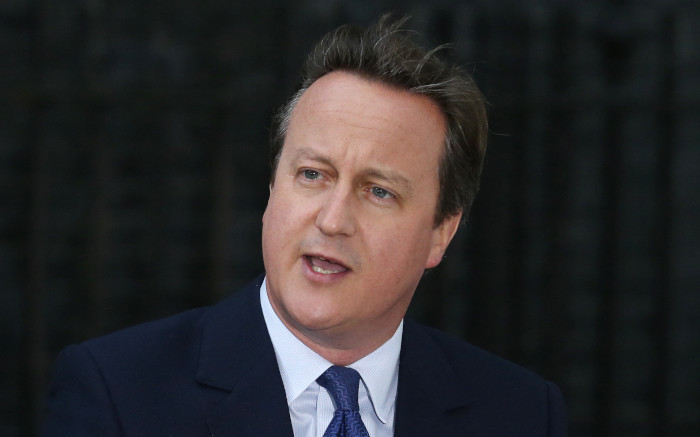
Russia warns that European consumers will “suffer” if the proposal is implemented, calling it an example of “unfair competition.”
The European Commission plans to impose tariffs on grain imports from Russia and Belarus to prevent the two countries from distorting EU markets and to appease farmers who have been protesting against cheap imports for months.
The tariffs are also intended to limit Russia’s ability to finance its war in Ukraine and sell grain stolen from Ukraine, the commission said.
Commission President Ursula von der Leyen said the move would prevent Russia from destabilizing the European Union market with its exports, as leaders of the 27-nation bloc prepared to end a two-day summit on Friday.
“We are proposing the imposition of tariffs on these Russian imports to mitigate the growing risk to our markets and our farmers,” von der Leyen said.
“They will reduce Russia’s ability to exploit the EU to benefit its war machine. And we remain true to our commitment to maintaining global food security, particularly for developing countries.”
The Kremlin warned the EU on Friday against imposing tariffs on its grain exports.
“Consumers in Europe would definitely suffer,” Kremlin spokesman Dmitry Peskov said of the proposal, calling it “another clear example of unfair competition.”
Russia has many alternative export markets for its grain besides the EU, he added.
Imports of grains, oilseeds and derived products from Russia and Belarus account for only about 1 percent of the total EU market size, with domestic suppliers making up the majority.
But with angry farmers who are already worried Increase in cheap Ukrainian importsThe EU fears that Russia could be encouraged to take advantage of the tense situation to further destabilize the bloc.
The Commission said that “the deficit is expected to be partially offset by imports from third countries that traditionally supply the EU market, such as the USA, Brazil, Ukraine, Serbia or Argentina”.
EU imports of grains, oilseeds and other products from Russia, including wheat, corn and sunflower meal, amounted to 4.2 million tons in 2023, worth 1.3 billion euros ($1.4 billion). EU suppliers deliver 300 million tons per year.
The commission said there was a risk that imports could rise as total Russian wheat exports rose to 50 million tonnes from the usual 35 million tonnes.
It was not immediately clear what the value of the proposed tariffs would be, but the commission said they would be designed to deter Russian imports.
Under the plan, tariffs would either be 95 euros ($103) per ton or increase prices by at least 50 percent.
Russia is one of the world’s largest grain producers and the largest wheat harvester. Much of it was destined for Turkey, Egypt and Azerbaijan.
The EU was previously one of Russia’s most important trading partners Invasion of Ukraine in February 2022.
Ukraine, also one of the largest grain exporters, had previously accused Russia of this Thousands steal tons of grain in the Russian-occupied areas of the country and the shipment of products from Crimea for trade around the world.
In support of Ukraine, the EU has imposed several rounds of sanctions to Russia. The measures targeted the energy sector, banks, the world’s largest diamond mining company and other companies. The bloc has also imposed asset freezes and travel bans on Russian officials.






Recent Comments